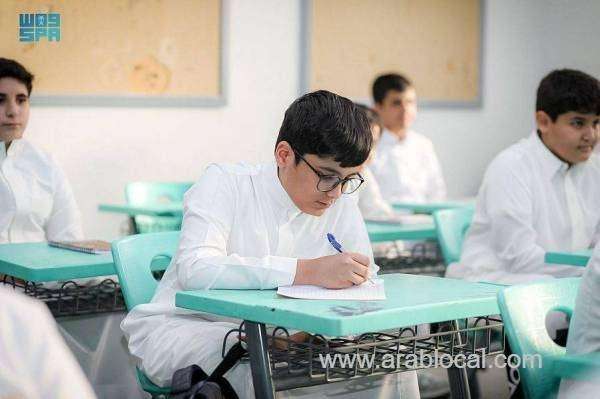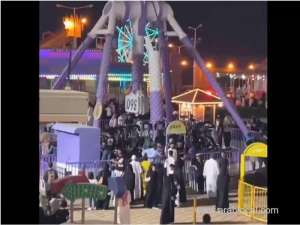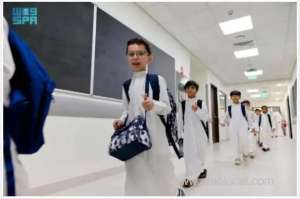The Saudi Ministry of Education (MoE) is set to evaluate the three-semester system in public education by measuring its pros and cons.
The MoE has instructed the general education departments and education departments in the Saudi governorates to listen and conduct meetings with the relevant stakeholders, which include education directors, office managers and their assistants, so that the Planning and Development Agency can build a model about the three semesters.
The model will consider the pros and cons, risks and challenges of the three semesters, as well as measuring the educational, economic and social impact of implementing this system and evaluating it during the two academic years in which it was implemented (1443 and 1444 AH).
The MoE announced in 1444 AH that the academic year would be divided into three semesters instead of two semesters, with 13 weeks for each semester. The decision was made in an effort to improve the quality of education in Saudi Arabia and to provide students with more opportunities to learn.
The three-semester system has been met with mixed reactions from stakeholders. Some have praised the system, saying that it has helped to improve student learning outcomes. Others have criticized the system, saying that it has led to increased stress levels for students and teachers.
The MoE's evaluation of the three-semester system is expected to provide valuable insights into the effectiveness of the system. The results of the evaluation will help the MoE to decide whether to continue with the three-semester system or to revert to the two-semester system.









